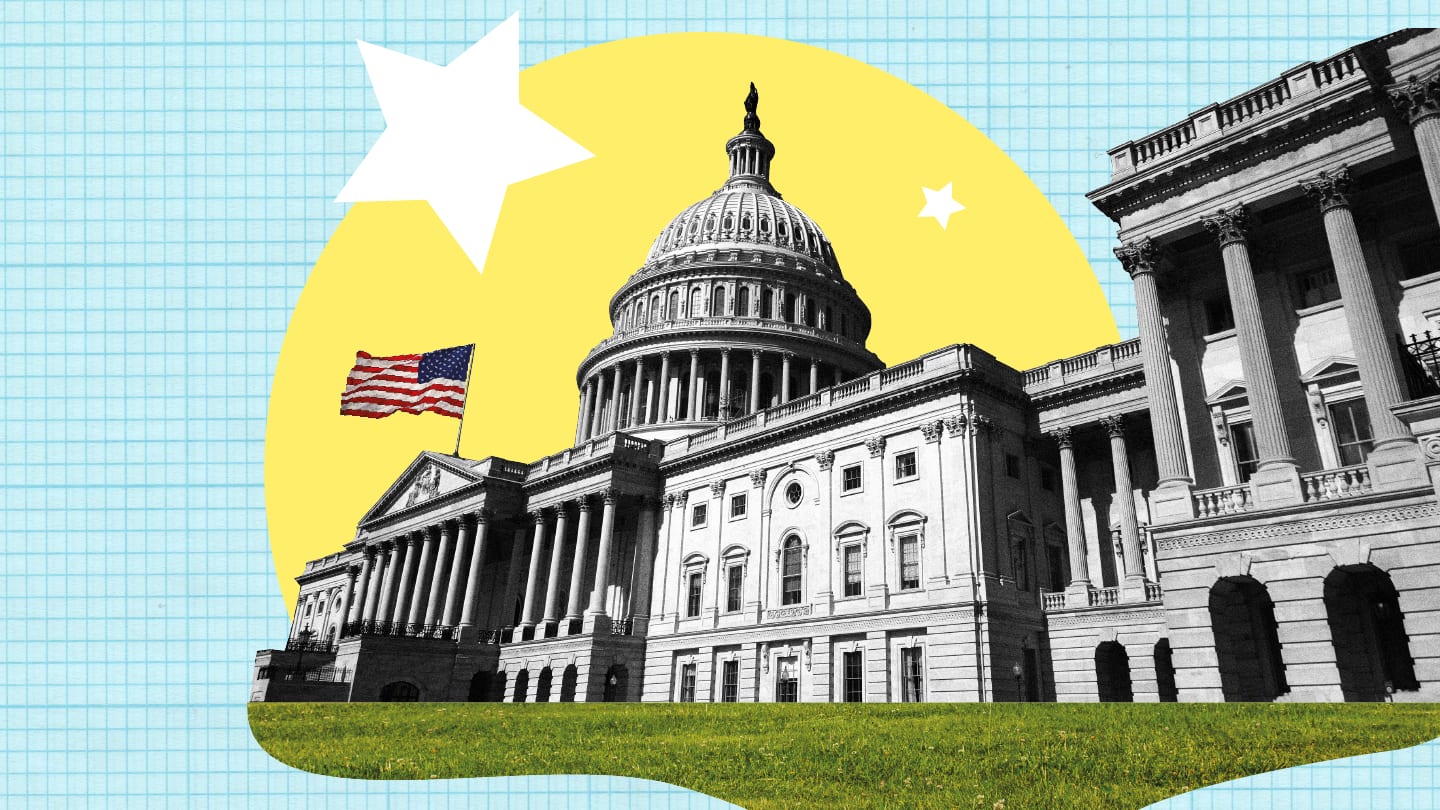
The DTC Investigation 2025 report, led by US Senators Richard Durbin, Bernie Sanders, Elizabeth Warren, and Peter Welch, presents the findings of an investigation into a new marketing and prescribing model developed by pharmaceutical giants Pfizer and Eli Lilly. These companies have partnered with telehealth platforms, such as UpScriptHealth, Form Health, Cove, 9amHealth, and Populus, to create direct-to-consumer (DTC) telehealth channels: PfizerForAll and LillyDirect. These platforms not only advertise branded medications, but link patients directly to telehealth providers who, in many cases, prescribe the promoted drugs. The investigation raises concerns about the integrity of medical care, patient privacy, potential regulatory violations, and the broader implications for public health systems.
At the heart of the report is the allegation that these partnerships resemble "virtual pill mills." By integrating advertising, diagnosis, and prescribing into a seamless online experience, the pharmaceutical companies may be blurring the lines between marketing and medical practice. Patients are encouraged to self-identify a medical condition and select a specific drug, often before any clinical evaluation. For instance, Cove and Populus allow patients to choose a medication they want prior to their consultation. This undermines the traditional model of care where diagnosis and treatment decisions are based on comprehensive medical evaluation and clinical judgment.
The report finds high prescription rates associated with the Lilly and Pfizer platforms. For example, 74 percent of patients who used LillyDirect received a prescription, including 100 percent of Cove users. On Pfizer’s UpScriptHealth, 85 percent of users were prescribed medication. These figures suggest a prescribing pattern more reflective of demand fulfillment than clinical necessity, according to the report. In some cases, telehealth providers never see the patient via video, relying solely on online forms or questionnaires that may be subject to misrepresentation.
Another serious concern is the limited patient-provider relationship. Many of these telehealth companies employ independent contractors who conduct high volumes of consultations. UpScriptHealth advertises that providers can handle 6-10 visits per hour, with a visit defined merely as an approval or denial of a prescription request. Such a model incentivizes speed over quality and continuity of care, potentially reducing patients to transactional consumers rather than individuals with complex health needs.
Equally troubling is the extensive data-sharing between telehealth platforms and the pharmaceutical companies. Eli Lilly, for example, receives 21 to 28 data fields per patient from its partners, including demographics, BMI, A1C levels, weight, medication adherence, and contact information. While de-identified in theory, such detailed datasets could facilitate targeted marketing and influence prescriber behavior. Pfizer, likewise, accesses patient contact info and clinician names, and is notified when a prescription is issued – a practice that could be used to reward compliant providers or exert undue influence outside contractual boundaries.
Financial ties between providers and pharmaceutical companies further complicate matters. Several providers associated with Form Health and 9amHealth have received direct payments from Eli Lilly, including one whose prescribing led to over $230,000 in Medicare spending on a single Eli Lilly drug in one year. These financial relationships, while not necessarily illegal, raise red flags under the federal Anti-Kickback Statute, which prohibits remuneration that influences prescribing behavior in federally funded health programs. The Department of Health and Human Services Office of Inspector General has already issued fraud alerts warning against such telehealth schemes.
The platform design may also steer patients toward company-favored clinicians. The report documents how the search tools on LillyDirect present a filtered selection of providers (many of whom have financial ties to Eli Lilly) distinct from broader directories. This raises the possibility that patients are being routed to prescribers predisposed to recommend the sponsor’s medications, not necessarily the best-qualified or most appropriate provider.
Despite the potential benefits of telehealth, the report emphasizes that these advantages can be nullified by commercialized platforms that shortcut clinical evaluation. The senators argue that the public health risks, especially to federal healthcare spending and patient safety, are significant. Inappropriate or premature prescribing can lead to overuse of expensive medications like Zepbound or Emgality, drive up costs for Medicare and Medicaid, and harm patients who may not be suitable candidates.
The Senators call for increased oversight, transparency, and potentially new regulations to ensure that clinical care, not corporate profit, guides prescribing behavior. They claim that the practices risk eroding public trust in telehealth and in the healthcare system at large if left unchecked.




